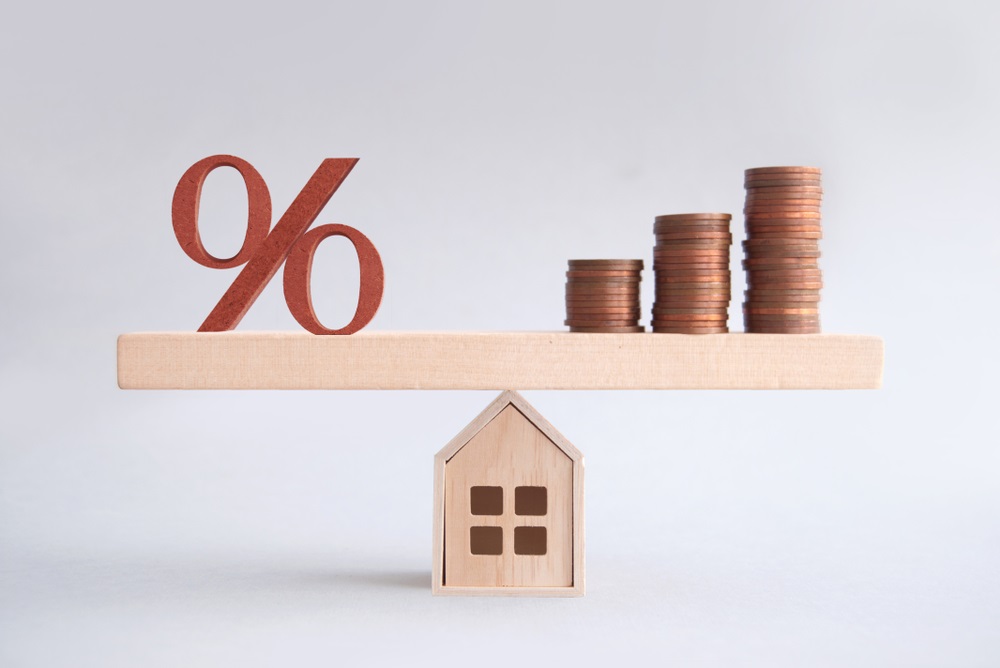Property investment companies are already jostling for position in Eastern Europe. But could these properties be a case of buy in haste, repent at leisure for buy-to-let investors looking for the next big opportunity?
Tim Johnston hopes his buy-to-let flats will soar in price in 2005 despite a slowdown in the UK buy-to-let market because he switched his investments from Britain to Eastern Europe.
I sold my flat in Fulham for £275,000, and with the £60,000 equity Ive put down 12 per cent deposits on three flats in Eastern Europe with another one to come, says Johnston, a telecom executive. His portfolio consists of:A one-bedroom flat in the Czech capital Prague costing £38,000, which he will let out to corporate tenants.
A two-bedroom flat in a new holiday resort in Croatia costing £75,000, which he will rent out to holidaymakers.
A two-bedroom flat in a Bulgarian ski resort costing £42,000, again for holiday lets.
A flat in Slovakia that he will buy later this year.
Johnston isnt alone. He is part of a new wave of highly speculative buyers some wanting just holiday homes, others looking for serious investment returns who have already invested considerable sums into this relatively untraversed region. But Johnston says that even if some of his Eastern European investments fail to produce the predicted gains, the sums are small enough to allow me to take a hit.
The pros
So what are the arguments for buying in Eastern Europe? Firstly, prices are
low. You can buy a small property in Bulgaria for £20,000, and the choice is wide from ski resorts to country villas or flats in the capital, Sofia. Prices in Romania begin at £35,000. And in Hungary, popular with Western buyers for years, an unmodernised flat in Budapest can be yours for £70,000.
Across the region, selling agents demand a deposit of 1225 per cent, but even so £10,000 can handsomely cover that and all purchase fees.
Secondly, there is increasing modernisation and property demand in these countries. Their status and prices will probably rise as a result. This particularly applies to countries like Bulgaria that want to join the European Union in 2007, or those like Slovenia that did so a year ago.
John Howell, an international property solicitor, says some people buy speculatively many for only six months before selling on at profits of 20 per cent in key areas. He says much of Eastern Europe has become accessible in recent years through budget airlines but property values still reflect a young market. He predicts price growth will easily outstrip traditional holiday-home investment markets like France and Spain.
The cons
Despite the attractions, there are also genuine hurdles to overcome when you think about buying in Eastern Europe. Although all risks can be minimised, never underestimate the fact that risks still remain.
For example, the language difficulties in Eastern Europe and the lack of mortgage providers in Britain can leave buyers vulnerable to partial advice from slick estate agents or developers, many of which as speculators are also relatively new to the country.
Simon Conn of overseas mortgage specialists Conti Financial Services, which deals with funding for buyers in 29 foreign countries, says: People are often shrewd and hard-nosed at home but are suddenly ruled by their heart abroad. They hate UK estate agents, but suddenly one in Croatia is their best friend. He believes a lack of legal regulation and financial scrutiny over sales makes buying in overseas countries difficult for the inexperienced. It is essential to employ an independent lawyer who is thorough and speaks both English and the language of the country where you are buying, says Conn.
He singles out Croatia: Theres no legal organisation or government body regulating ownership. No one knows what theyre doing or who owns what. Paperwork is also excessive in this region, but its not such a problem.
Simon Hill of Letterstone, a developer with properties in the Czech Republic and Bulgaria and now looking at Slovakia, adds: Hardly anyone is refused, its just that the authorities are keen on formality.
Taking responsibility
The key to this type of purchase is to visit countries that you are interested in independently, speak to established British owners and then decide what you want and where.
The market is changing fast, but there are plenty of good-value purchases at all price ranges the trick is to find them and to buy with the same legal and financial safeguards you would exercise when buying a new mortgage and home in the UK.
Good luck
Your financing options
No UK mortgage firms offer straightforward secured loans for Eastern European countries yet because the market is still young and relatively unstable. However, there are three other options:
Release equity from your own UK home and buy in cash overseas. This is the easiest and cheapest option. Seek advice from your mortgage provider or an independent broker.
Get a mortgage through an international broker such as Blevins Franks (www.blevinsfranks.co.uk). Expect to pay interest rates of at least 2 per cent more than in the UK and restricted product choice (eg some countries only accept repayment, not interest-only mortgages)
You can use a mortgage firm linked to your property developer or estate agent. But be wary. These are often entirely legitimate, but they lack independence and interest rates can be steep.













